detail profile nick broomfield
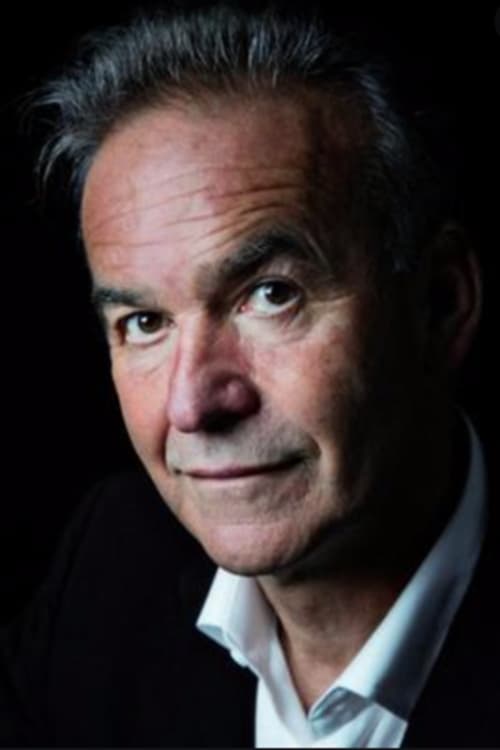
Nick Broomfield
Nicholas Broomfield
atau dikenal sebagai
Riwayat Hidup
From Wikipedia, the free encyclopedia
Nicholas "Nick" Broomfield (born 1948) is an English documentary film-maker.
He is the son of Maurice Broomfield, a photographer.
Broomfield works with a minimal crew, just himself and one or two camera operators, which gives his documentaries a particular style.
Broomfield is often in shot holding the sound boom.
Broomfield was awarded the BAFTA Lifetime Achievement Award for Contribution to Documentary, and was given honorary doctorates from Essex and Surrey University.
He was awarded the Californian State Bar Award for his contribution to Legal Reform and is a founder member of the Morecambe Bay Victims Fund.
Description above from the Wikipedia article Nick Broomfield, licensed under CC-BY-SA, full list of contributors on Wikipedia.
Info Pribadi
Peran Yang Di Mainkan Nick Broomfield
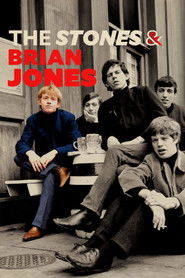 A look at the relationships and...
A look at the relationships and...The Stones and Brian Jones 2024
A look at the relationships and rivalries within The Rolling Stones in their formative years, as well as the creative musical genius of Brian Jones, key to the success of the band.
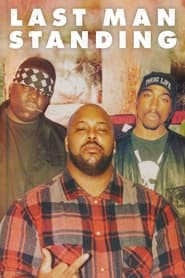 Last Man Standing takes a look...
Last Man Standing takes a look...Last Man Standing: Suge Knight and the Murders of Biggie and Tupac 2021
Last Man Standing takes a look at Death Row and how L.A.’s street gang culture had come to dominate its business workings, as well as an association with corrupt LA police officers who were also gang affiliated. It would be this world of gang rivalry and dirty cops that would claim the lives of the world’s two greatest rappers: Tupac Shakur and Biggie Smalls.
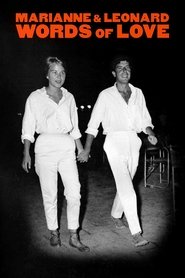 A story of enduring love between...
A story of enduring love between...Marianne & Leonard: Words of Love 2019
A story of enduring love between Leonard Cohen and his Norwegian muse, Marianne Ihlen. The film follows their relationship from their early days in Greece, a time of "free love" and open marriage, to how their love evolved when Leonard became a successful musician.
 When Lonnie Franklin Jr was arrested...
When Lonnie Franklin Jr was arrested...Tales of the Grim Sleeper 2014
When Lonnie Franklin Jr. was arrested in South Central Los Angeles in 2010 as the suspected murderer of a string of young black women, police hailed it as the culmination of 20 years of investigations. Four years later documentary filmmaker Nick Broomfield took his camera to the alleged killer’s neighborhood for another view.
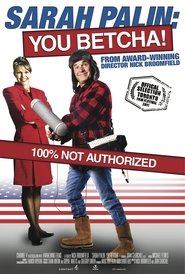 A journey that takes the viewers...
A journey that takes the viewers...Sarah Palin: You Betcha! 2011
A journey that takes the viewers across the icy mid-winter snows of Alaska to meet her school friends, family, and Republican colleagues, to try and discover the real Sarah Palin.
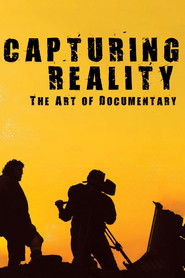 From cinemaverite pioneers Albert Maysles and...
From cinemaverite pioneers Albert Maysles and...Capturing Reality 2008
From cinema-verite; pioneers Albert Maysles and Joan Churchill to maverick movie makers like Errol Morris, Werner Herzog and Nick Broomfield, the world's best documentarians reflect upon the unique power of their genre. Capturing Reality explores the complex creative process that goes into making non-fiction films. Deftly charting the documentarian's journey, it poses the question: can film capture reality?
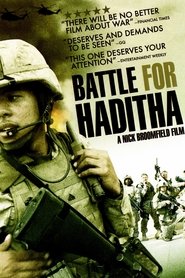 An investigation of the massacre of 24...
An investigation of the massacre of 24...Battle for Haditha 2007
An investigation of the massacre of 24 men, women and children in Haditha, Iraq allegedly shot by 4 U.S. Marines in retaliation for the death of a U.S. Marine killed by a roadside bomb. The movie follows the story of the Marines of Kilo Company, an Iraqi family, and the insurgents who plant the roadside bomb.
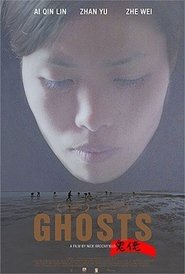 When a young girl Ai Qin...
When a young girl Ai Qin...Ghosts 2006
When a young girl, Ai Qin, pays $25,000 to be smuggled into the UK in order to support her family back in China, she becomes another one of 3 million migrant workers that have become the bedrock of our economy. Forced to live with eleven other Chinese people in a two bedroom house, they work in factories preparing food for British supermarkets. Risking their lives for pennies these unprotected workers end up cockling in Morcombe Bay at night.
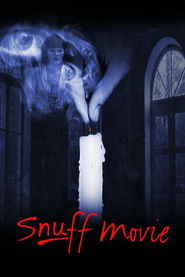 Boris Arkadin is a horror film...
Boris Arkadin is a horror film...Snuff-Movie 2005
Boris Arkadin is a horror film maker. His pregnant wife was brutally murdered by a Manson-like gang of hippy psychopaths during the 1960s. He becomes a virtual recluse - until years later he directs his own snuff inspired movies. He invites actors to take part in an audition at his country manor house - blurring the lines of what is real and what is fiction.
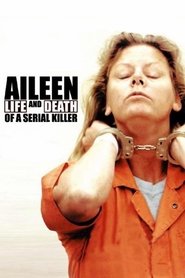 British documentarian Nick Broomfield creates a...
British documentarian Nick Broomfield creates a...Aileen: Life and Death of a Serial Killer 2003
British documentarian Nick Broomfield creates a follow-up piece to his 1992 documentary of the serial killer Aileen Wuornos, a highway prostitute who was convicted of killing six men in Florida between 1989 and 1990. Interviewing an increasingly mentally unstable Wuornos, Broomfield captures the distorted mind of a murderer whom the state of Florida deems of sound mind -- and therefore fit to execute. Throughout the film, Broomfield includes footage of his testimony at Wuornos' trial.
 In 1997 rap superstars Tupac Shakur and...
In 1997 rap superstars Tupac Shakur and...Biggie & Tupac 2002
In 1997, rap superstars Tupac Shakur and Christopher Wallace (aka Biggie Smalls, The Notorious B.I.G.) were gunned down in separate incidents, the apparent victims of hip hop's infamous east-west rivalry. Nick Broomfield's film introduces Russell Poole, an ex-cop with damning evidence that suggests the LAPD deliberately fumbled the case to conceal connections between the police, LA gangs and Death Row Records, the label run by feared rap mogul Marion "Suge" Knight.
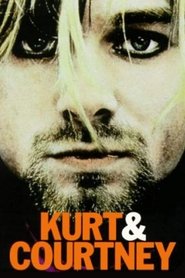 After rocker Kurt Cobains death ruled...
After rocker Kurt Cobains death ruled...Kurt & Courtney 1998
After rocker Kurt Cobain's death, ruled a suicide, a film crew arrives in Seattle to make a documentary. Director Nick Broomfield talks to lots of people. Portraits emerge: a shy, slight Kurt, weary of touring, embarrassed by fame, hooked on heroin; an out-going Courtney, dramatic, controlling, moving from groupie to star.
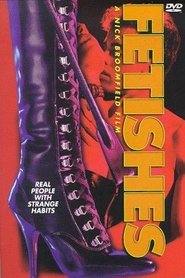 Nick Broomfield and a documentary crew...
Nick Broomfield and a documentary crew...Fetishes 1996
Nick Broomfield and a documentary crew visit Pandora's Box, an up-scale house of bondage on Manhattan's Fifth Avenue, where clients pay $175 an hour to be subservient to mistresses. Mistresses talk about their craft; a few clients, usually masked, are interviewed as well. Then, the camera watches sessions organized around fetishes: rubber, wrestling, corporal punishment, masochism, and infantilism. Mistress Raven, the owner of Pandora's Box, explains that pain need not be part of the subservient experience: it is, at its root, a transfer of power. After their session has ended, clients talk about how drained, relaxed, relieved, and at peace they are.
 A documentary crew from the BBC...
A documentary crew from the BBC...Heidi Fleiss: Hollywood Madam 1995
A documentary crew from the BBC arrives in L.A. intent on interviewing Heidi Fleiss, a year after her arrest for running a brothel but before her trial. Several months elapse before the interview, so the crew searches for anyone who'll talk about the young woman. Two people have a lot to say to the camera: a retired madam named Alex for whom Fleiss once worked and Fleiss's one-time boyfriend, Ivan Nagy, who introduced her to Alex. Alex and Nagy don't like each other, so the crew shuttles between them with "she said" and "he said." When they finally interview Fleiss, they spend their time reciting what Alex and Nagy have had to say and asking her reaction.
 In this documentary filmmaker Nick Broomfield...
In this documentary filmmaker Nick Broomfield...Aileen Wuornos: The Selling of a Serial Killer 1992
In this documentary, filmmaker Nick Broomfield follows the saga of Aileen Wuornos, a prostitute who has been accused of committing a brutal series of murders. Broomfield conducts interviews with Wuornos herself, and his crew films her trial as well as her interactions with religious fanatic Arlene Pralle, who gives Wuornos dubious advice and legally adopts her. The cameras also roll as the accused's attorney ignores the case at hand to negotiate a deal to sell his client's story.
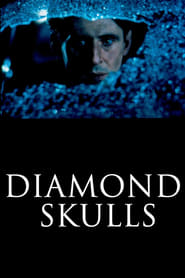 Hugo Buckton seems to have it...
Hugo Buckton seems to have it...Dark Obsession 1990
Hugo Buckton seems to have it all: He is apparently rich and has a beautiful wife and a doting son. In actuality, though, Hugo is having money problems and is paranoid that his wife is cheating on him. After a boozy night at a party, Hugo hits and kills a woman with his car -- and at his friends' urging, keeps driving. When Hugo starts receiving letters from someone who knows about the accident, he begins to suspect that he has been set up.
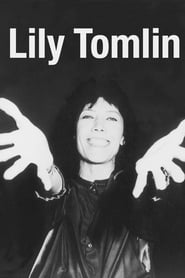 Backstage record of how Lily Tomlin...
Backstage record of how Lily Tomlin...Lily Tomlin 1987
Backstage record of how Lily Tomlin, Jane Wagner and their associates put together "The Search for Signs of Intelligent Life in the Universe," Miss Tomlin's one-woman Broadway play.
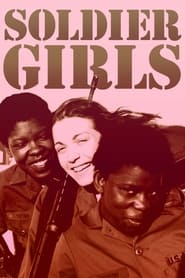 A documentary about womens basic training...
A documentary about womens basic training...Soldier Girls 1981
A documentary about women's basic training in Fort Georgia.
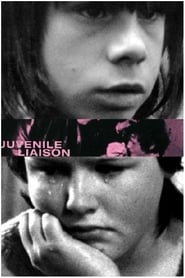 Juvenile Liaison is about the daytoday...
Juvenile Liaison is about the daytoday...Juvenile Liaison 1976
Juvenile Liaison is about the day-to-day assignments of the juvenile liaison section of the Blackburn, Lancashire police force. The documentary provides a captivating snapshot of how juvenile offenders were dealt with in the '70s.
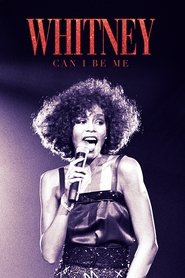 The life and tragic death of...
The life and tragic death of...